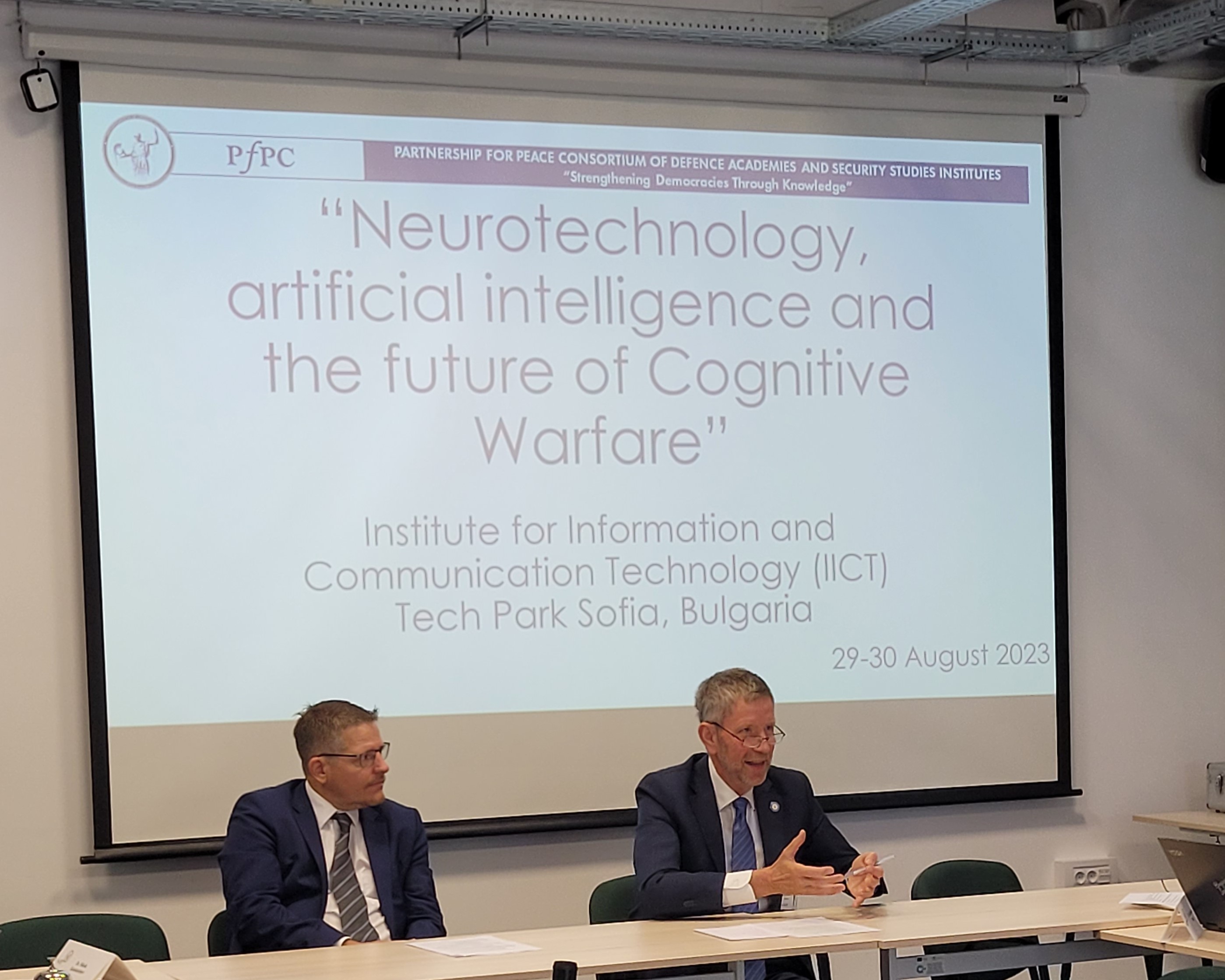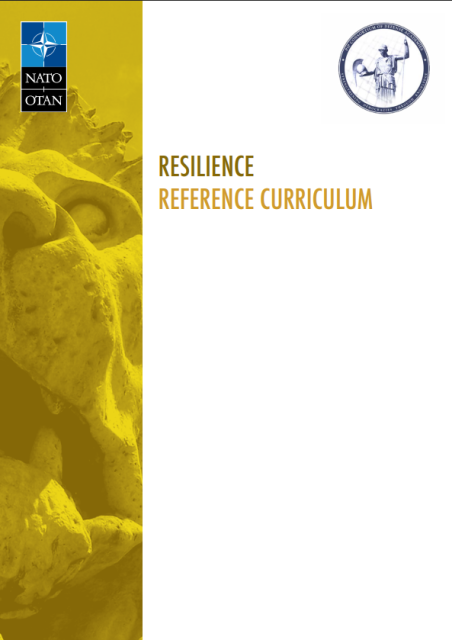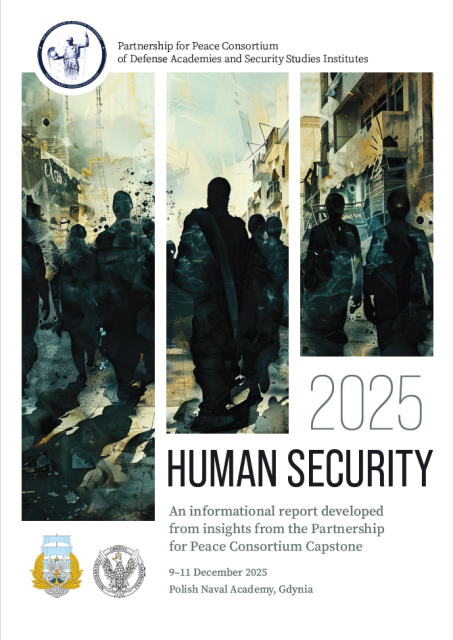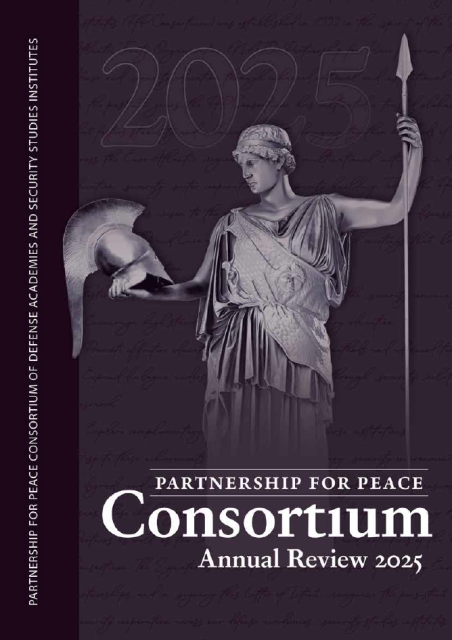
Sofia, Bulgaria - In an era defined by rapid technological advancements, the Partnership for Peace Consortium (PfPC) Emerging Security Challenges Working Group recently convened to delve into the intricate realm of "Neurotechnology, Artificial Intelligence, and the Future of Cognitive Warfare." Held from August 29 to 30 at Bulgaria's Cybersecurity Laboratory in Sofia Tech Park, the event, in collaboration with the Geneva Center for Security Policy, featured a distinguished panel of thought leaders, policy architects, and security strategists. Over two days, participants dissected the multifaceted landscape of cognitive warfare, addressing its technological, ethical, and geopolitical dimensions.
Cognitive Warfare Unveiled: The Battlefield of the Human Mind
Professor George Sharkov of Bulgaria's Cybersecurity Laboratory emphasized the pivotal role of the human mind as the most critical infrastructure and battleground in the evolving concept of cognitive warfare. He highlighted, "The most critical infrastructure is the human mind. That is why it has become a battlefield." This emerging form of conflict, situated at the crossroads of influence operations, information warfare, and cyber operations, seeks to reshape adversaries' decision-making processes by manipulating both conscious and subconscious understanding. As digital technologies proliferate, the scale and impact of cognitive manipulation reach unprecedented levels, making it a quintessential form of 21st-century conflict.
The Global Arms Race in Cognitive Warfare: Challenges and Path Forward
The conference highlighted the geopolitical dimension of cognitive warfare, showcasing the global militarization of AI. From the pioneering efforts of the United States and its allies to Russia and China's strategic interests, the landscape of cognitive warfare is rapidly evolving. Some pointed out the double-edged nature of AI, emphasizing its potential for both immense societal benefit and alarming misuse. The event concluded with a call for continued dialogue, emphasizing the importance of ethical norms and international collaboration to navigate the challenges posed by cognitive warfare. As PfPC's ongoing contributions underscore, understanding and addressing this emerging domain is pivotal for shaping a secure and ethically responsible global landscape.
You can learn more about the Emerging Security Challenges Working Group here.








